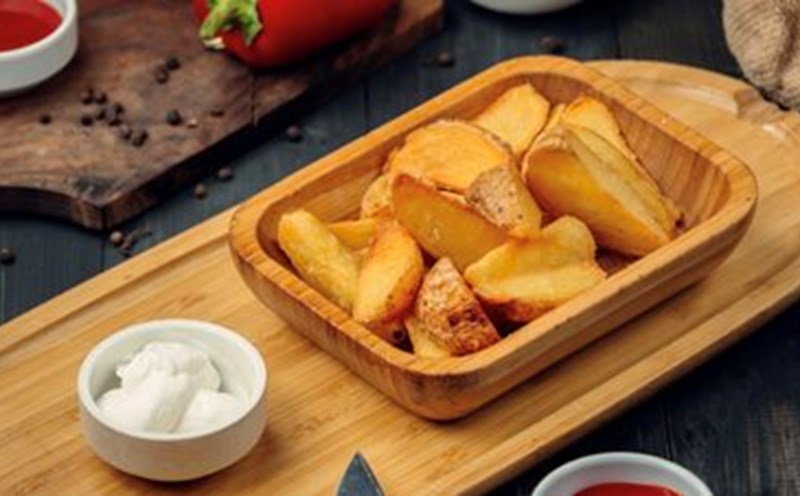High blood pressure is one of the most common and dangerous diseases in the world. In Vietnam, according to statistics from the Ministry of Health, 1 in 5 adults suffer from this disease. In addition to medication, nutrition plays an important role in controlling blood pressure, and watermelon is one of the top recommended fruits.
Watermelon contains a large amount of citrulline, an amino acid that dilates blood vessels, thereby helping blood circulate better and reducing pressure on blood vessel walls. When absorbed into the body, citrulline is converted into arginine, a precursor to nitric oxide - an active ingredient that dilates blood vessels and regulates blood pressure.
A study by the Pennington Medical Research Center (USA) published in the American Journal of hypertension shows that people who supplement citrulline from watermelon can significantly reduce average blood pressure, especially in the group with a history of early-stage high blood pressure.
In addition to citrulline, watermelon is also a fruit rich in potassium and almost contains no sodium, very suitable for people with high blood pressure. Potassium helps balance electrolytes, reducing the negative effects of salt in the body - a direct contributor to high blood pressure.
According to Dr. Rachel Johnson, a nutritionist at the University of Vermont (USA), "a cup of chopped watermelon contains about 170 mg of potassium and less than 2 mg of sodium - that is the ideal ratio for cardiovascular patients".
Watermelon is low in calories, high in water and rich in antioxidants such as lycopene, beta-carotene - substances that can prevent atherosclerosis and support cholesterol control. For people with high blood pressure who are overweight or obese, adding watermelon to the menu helps create a feeling of fullness quickly, supporting safe weight loss.
Although watermelon has a relatively high glycemic index (GI of about 72), because the carbohydrate content in each serving is quite low, the actual impact on blood sugar is not large (low gly). However, people with diabetes still need to eat watermelon in moderation, preferably after a main meal and not more than 150g at a time.











